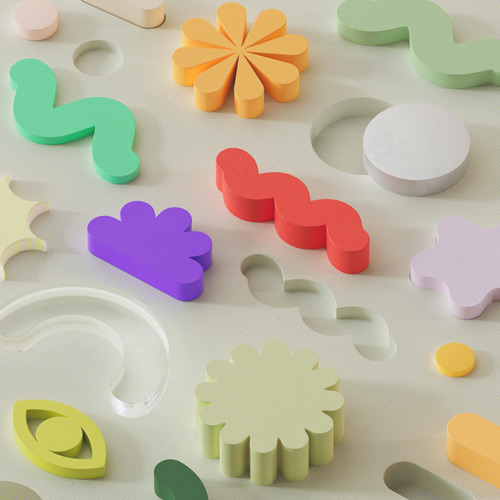Find answers to common questions about depression. Learn what depression feels like, how to recognize the symptoms, explore effective treatment options, and understand when to seek help.
Common symptoms of depression include persistent sadness, loss of interest in activities, changes in appetite, insomnia, feelings of guilt or worthlessness, low energy, lack of concentration, restlessness, and thoughts of self-harm.
While some of these signs may seem like regular emotional ups and downs, depression symptoms are more intense and prolonged. If you’re noticing these patterns in yourself or someone close to you, reaching out to a mental health professional can be a helpful first step.
Yes. Depression doesn’t look or feel the same for everyone. Some people live with most of the common symptoms, such as prolonged sadness, fatigue, and trouble sleeping, which affect their daily productivity. Others may appear to function normally on the outside while silently struggling. This is sometimes referred to as high-functioning depression.
Sadness is a natural emotional response to difficult life events and typically eases over time. Clinical depression, on the other hand, often shows up as persistent low mood and disconnection, even when there isn’t an obvious trigger.
You can tell the difference by considering what triggered the feelings in the first place and how long they’ve been present. For instance, if you recently lost a loved one, you may simply be feeling sad, and that’s completely normal. However, if that loss occurred months ago and other aspects of your life (such as work, social life, personal hygiene, etc.) are still being affected, you may be experiencing depression.
There isn’t one single cause of depression. It can be influenced by a combination of genetic, biological, environmental, and psychological factors.
Some common triggers include family or peer conflicts, bullying, breakups, changes in environment (such as switching schools or moving homes), grief, trauma, or long periods of isolation. Sometimes, there’s no clear reason at all—and that’s valid too. What matters is how you’re feeling and whether it’s affecting your life.
Yes, depression is highly treatable. Many people respond well to treatment, which may include psychotherapy, medications such as antidepressants, or a blend of both. The best approach depends on your specific needs and goals.
The first and most important step is recognizing the symptoms and speaking with a healthcare provider to get an accurate diagnosis. Getting help early can make a big difference.
While medication and psychotherapy are important treatments, how you care for yourself outside of those plays a meaningful role in recovery.
Lifestyle changes that can help include educating yourself about the condition, establishing a regular sleep schedule, moving your body regularly, eating a balanced diet, connecting with others, reducing screen time, and limiting alcohol or substance use.
Letting your friend know that they can reach out to you anytime is one of the simplest yet most meaningful things you can do. However, most of the time, people with depression find it difficult to ask for help. So, it’s important to check in on them from time to time with a text, a phone call, or even a personal visit.
If you're concerned someone may be thinking about self-harm or suicide, contact your local suicide or crisis hotline immediately.
Taking the initiative to get better is already progress. Remember, it’s okay if you don’t fully heal from depression right away, as healing takes time, patience, and persistence. What matters is continuing to show up for yourself, even through the toughest days. Setbacks are going to be a part of the process.
If you’re feeling stuck, talk to your provider. Your treatment plan can be adjusted to better support you.
Caring for your mental health while dealing with depression isn’t always easy, and that’s totally fine. Some days will be harder than others, but what’s important is that you’re taking small steps toward better mental well-being.
Consider taking short walks, doing something creative, talking to a trusted friend, creating a simple routine, practicing mindfulness or gratitude, and resting when you need it.
Hormonal shifts, especially during puberty, menstruation, postpartum, or menopause, can affect mood and energy. However, if your sadness has stuck around for days, weeks, or even months and is starting to impact your ability to function, it might be a sign of something more than a temporary hormonal change.
It’s also important to note that, most of the time, sadness can be eased with fun and uplifting activities. If those things don’t help and you’re still feeling a little heavy, it’s okay to reach out to a mental health professional for support.


